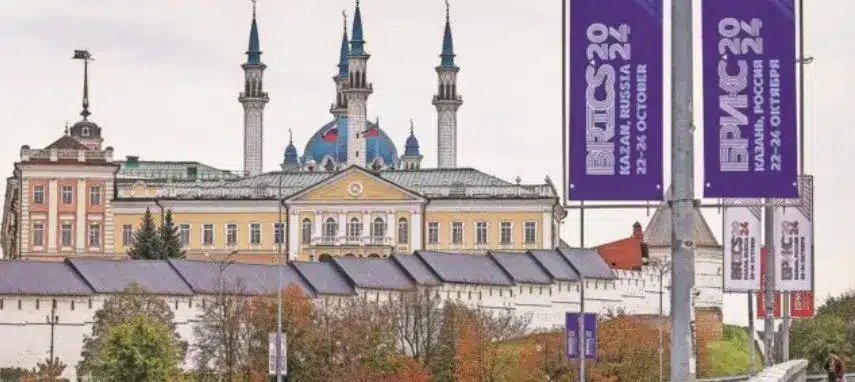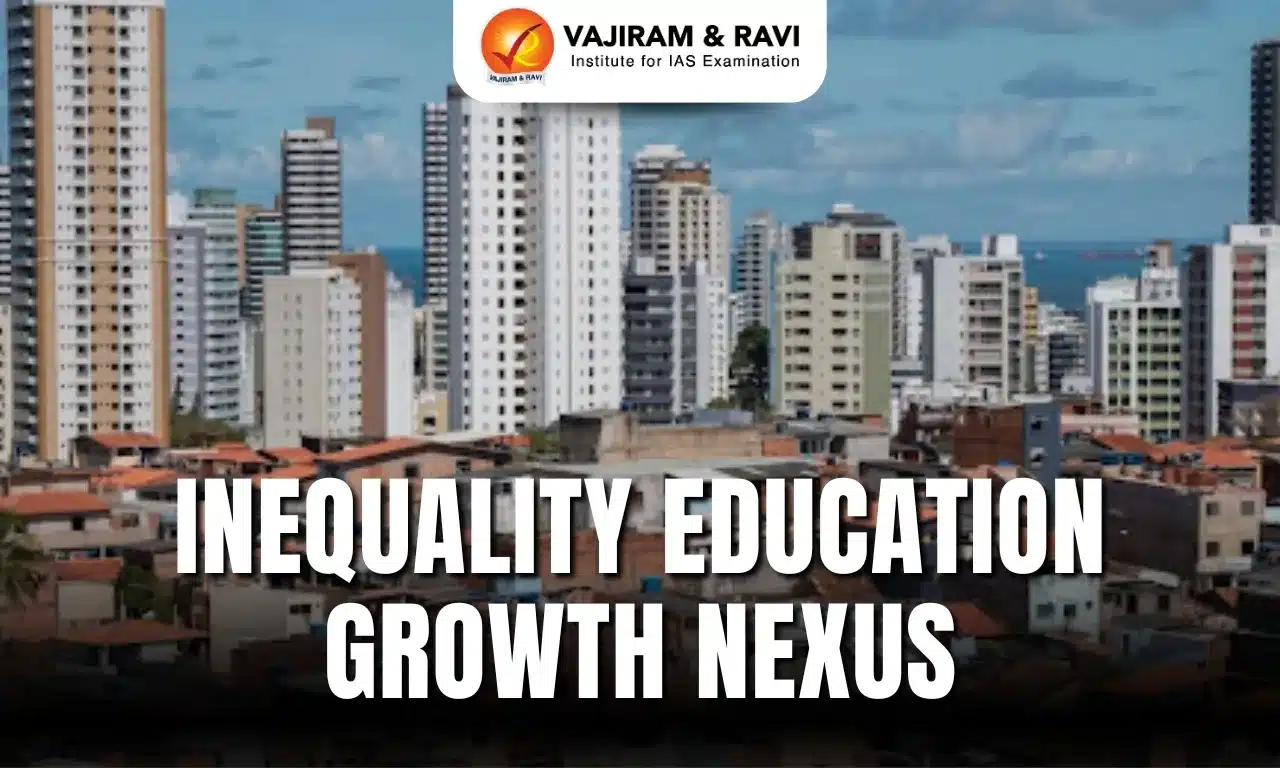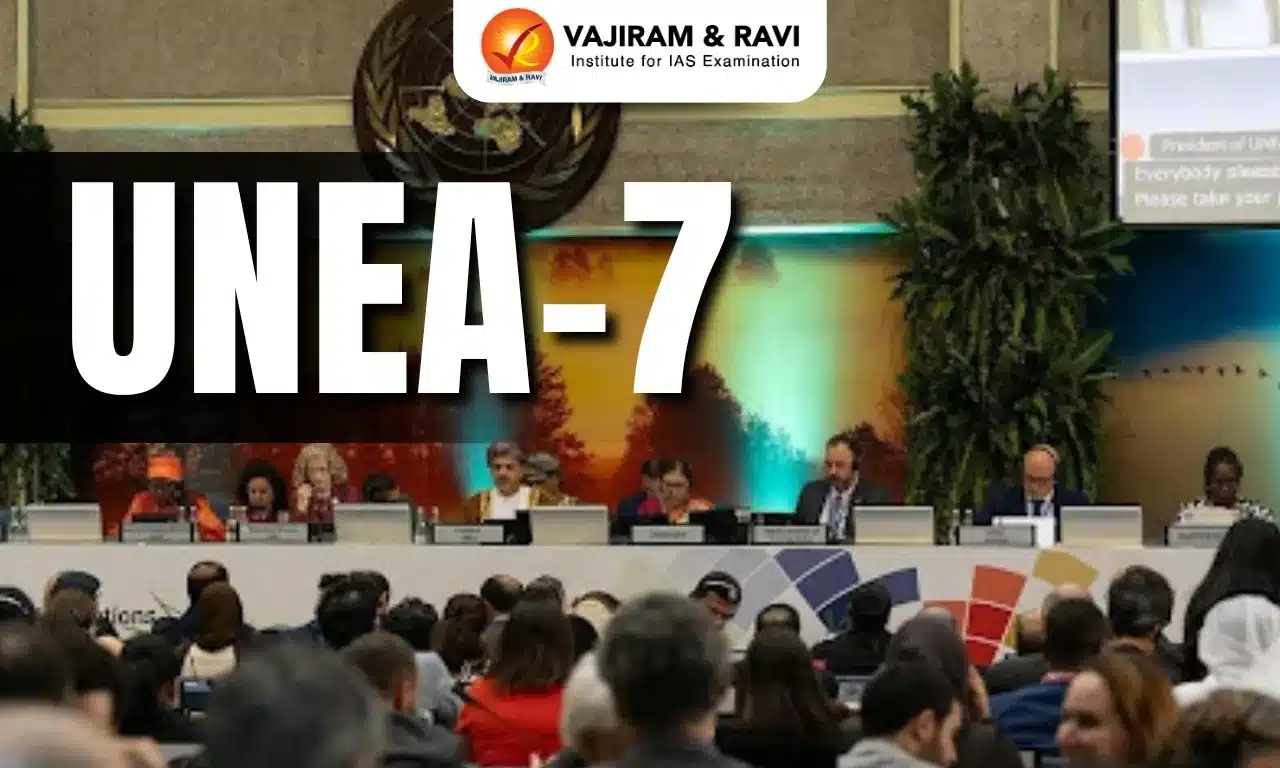What’s in today’s article?
- Why in News?
- What is BRICS?
- Role of BRICS: An Analysis
- 16th BRICS Summit
- Significance of Kazan in Russia
Why in News?
Prime Minister Narendra Modi is currently in Russia for the 16th BRICS Summit, along with Chinese President Xi Jinping and South African President Cyril Ramaphosa. The summit is hosted by Russian President Vladimir Putin in the city of Kazan.
What is BRICS?
- BRICS, in its earlier format, brought together 5 major emerging economies – Brazil, Russia, India, China and South Africa.
- In 2023, during the 15th BRICS Summit, held in South Africa, six countries were invited to join the alliance.
- These were – Iran, the United Arab Emirates, Saudi Arabia, Argentina, Egypt, and Ethiopia.
- Before, expanding in 2023, BRICS as a platform represents 42% of the world population, 30% of the world’s territory, 23% of global GDP, and around 18% of world trade.
- The aim of the alliance is to challenge the economic and political monopoly of the West.
- The group sets priorities and has discussions once every year during the BRICS summit, which members take turns hosting.
Role of BRICS: An Analysis
- Successes/achievements
- Economic Cooperation and Trade
- BRICS has encouraged greater trade and investment among member countries.
- There has been a rise in intra-BRICS trade, contributing to stronger economic links.
- The group has emphasized reducing dependency on Western financial systems and enhancing their own economic resilience, with a focus on creating more inclusive growth models.
- New Development Bank (NDB)
- A major milestone for BRICS is the establishment of the New Development Bank (NDB) in 2014, with a capital of $100 billion.
- The bank provides funding for infrastructure and sustainable development projects within BRICS and other developing nations.
- The NDB has successfully financed numerous projects in member countries, including investments in renewable energy, urban development, and social infrastructure.
- Contingent Reserve Arrangement (CRA)
- BRICS established a CRA with a $100 billion reserve pool to provide financial support to members facing short-term liquidity pressures.
- The CRA aims to provide a safety net and safeguard member economies from external economic shocks.
- Political Influence and Multilateral Engagement
- BRICS has become an influential political bloc, advocating for a more multipolar world order and greater representation of developing countries in global institutions like the United Nations, International Monetary Fund (IMF), and World Bank.
- Technical Cooperation
- BRICS has established mechanisms for cooperation in technology, science, and innovation.
- Initiatives like the BRICS Science, Technology, and Innovation Framework Programme aim to enhance collaboration in research, innovation, and technical fields.
- There have been joint efforts in health, agriculture, and disaster management, showcasing the group’s commitment to addressing global challenges.
- Economic Cooperation and Trade
- Challenges Faced by BRICS
- Economic Disparities Among Members
- The BRICS nations are economically diverse, with varying development levels, economic structures, and political systems.
- This disparity sometimes hinders consensus on key issues, as the priorities and interests of each member can differ significantly.
- Geopolitical Rivalries
- Geopolitical tensions, especially between China and India, have sometimes strained intra-BRICS relationships, impacting the group’s cohesion.
- Territorial disputes and regional interests can influence the decision-making process.
- Relationship with Western Powers
- Relationship of BRICS with Western powers is complex, as BRICS countries often have differing strategies regarding the West.
- Both China and Russia are now viewing the West with a lot more suspicion than before. This is due to Russia – Ukraine War and frequent roadblocks in US-China ties.
- India, meanwhile, has been deepening its relations in spheres of economy and technology with the US.
- Slow Progress on Institutional Reforms
- Despite advocating for a more democratic and multipolar global order, progress on reforming global institutions like the IMF and UN has been slow.
- The group’s influence is often limited by entrenched global power structures.
- China’s Economic Dominance
- China, as the largest economy within BRICS, often has a dominant influence on the group’s economic agenda.
- This can create an imbalance and generate concerns among other member states about Beijing’s increasing sway in the bloc’s decision-making.
- Economic Disparities Among Members
16th BRICS Summit
- Host – Russia (16th BRICS summit is being held in Kazan, one of Russia’s largest and wealthiest cities).
- Agenda
- The central theme uniting BRICS members is their disillusionment with Western-led global governance, particularly in the economic sphere.
- This sentiment has intensified following the sanctions on Russia after its 2022 invasion of Ukraine, which raised concerns among Global South nations about the West potentially using global financial tools as weapons.
- In response, BRICS aims to reduce reliance on the US dollar and the SWIFT financial system, from which Russian banks were excluded in 2022.
- In 2023, Brazil’s President Lula proposed a trading currency for BRICS, though experts expressed doubts about its feasibility.
- Instead, the focus is shifting to using national currencies for bilateral trade, reducing exposure to currency fluctuations and dependence on the dollar.
- Additionally, China has developed a limited alternative to SWIFT, while countries like Turkey and Brazil are increasing their gold reserves.
- Currency swaps for energy deals are also gaining popularity, all reflecting a desire for greater financial autonomy from the West.
Significance of Kazan in Russia
- Kazan: Russia’s Emerging Third Capital
- Known for its strong petrochemicals, military industry, and rapidly expanding IT sector, Kazan was branded Russia’s third capital in 2009.
- This designation highlights its status as a cultural and economic hub alongside Moscow and St Petersburg.
- Kazan’s Significance in Russia’s Demographic Changes
- Kazan, located 900 km east of Moscow at the confluence of the Volga and Kazanka rivers, is the capital of the Republic of Tatarstan.
- The city’s population is almost evenly split between ethnic Russians (48.6%) and Tatars (47.6%), a predominantly Muslim Turkic ethnic group.
- This demographic balance makes Kazan a symbol of Russia’s evolving identity as a multi-ethnic and multi-religious nation.
- Cultural Symbols in Kazan
- Kazan’s diversity is visible in its city kremlin, a fortified complex housing the Orthodox Annunciation Cathedral alongside the Kul Sharif Mosque, one of Europe’s largest.
- The mosque, initially destroyed by Ivan the Terrible in the 16th century, was reconstructed in 2005 with assistance from Saudi Arabia and the UAE.
Q.1. What are the main achievements of BRICS in recent years?
BRICS has made significant strides in economic cooperation, establishing the New Development Bank, and launching the Contingent Reserve Arrangement for financial stability. It also plays a pivotal role in promoting a multipolar global order and advocating for the inclusion of developing countries in global institutions.
Q.2. Why was Kazan chosen as the host city for the 16th BRICS Summit?
Kazan was selected for its emerging status as Russia’s third capital, symbolizing the country’s cultural diversity. Its mix of ethnic Russians and Tatars, along with significant investments in modernization, made it an ideal representation of Russia’s evolving national identity.
News: Hosting the BRICS summit: Why Kazan in Tatarstan matters in Putin’s Russia | Aljazeera | Indian Express
Last updated on December, 2025
→ Check out the latest UPSC Syllabus 2026 here.
→ Join Vajiram & Ravi’s Interview Guidance Programme for expert help to crack your final UPSC stage.
→ UPSC Mains Result 2025 is now out.
→ UPSC Notification 2026 is scheduled to be released on January 14, 2026.
→ UPSC Calendar 2026 is released on 15th May, 2025.
→ The UPSC Vacancy 2025 were released 1129, out of which 979 were for UPSC CSE and remaining 150 are for UPSC IFoS.
→ UPSC Prelims 2026 will be conducted on 24th May, 2026 & UPSC Mains 2026 will be conducted on 21st August 2026.
→ The UPSC Selection Process is of 3 stages-Prelims, Mains and Interview.
→ UPSC Result 2024 is released with latest UPSC Marksheet 2024. Check Now!
→ UPSC Prelims Result 2025 is out now for the CSE held on 25 May 2025.
→ UPSC Toppers List 2024 is released now. Shakti Dubey is UPSC AIR 1 2024 Topper.
→ UPSC Prelims Question Paper 2025 and Unofficial Prelims Answer Key 2025 are available now.
→ UPSC Mains Question Paper 2025 is out for Essay, GS 1, 2, 3 & GS 4.
→ UPSC Mains Indian Language Question Paper 2025 is now out.
→ UPSC Mains Optional Question Paper 2025 is now out.
→ Also check Best IAS Coaching in Delhi

















